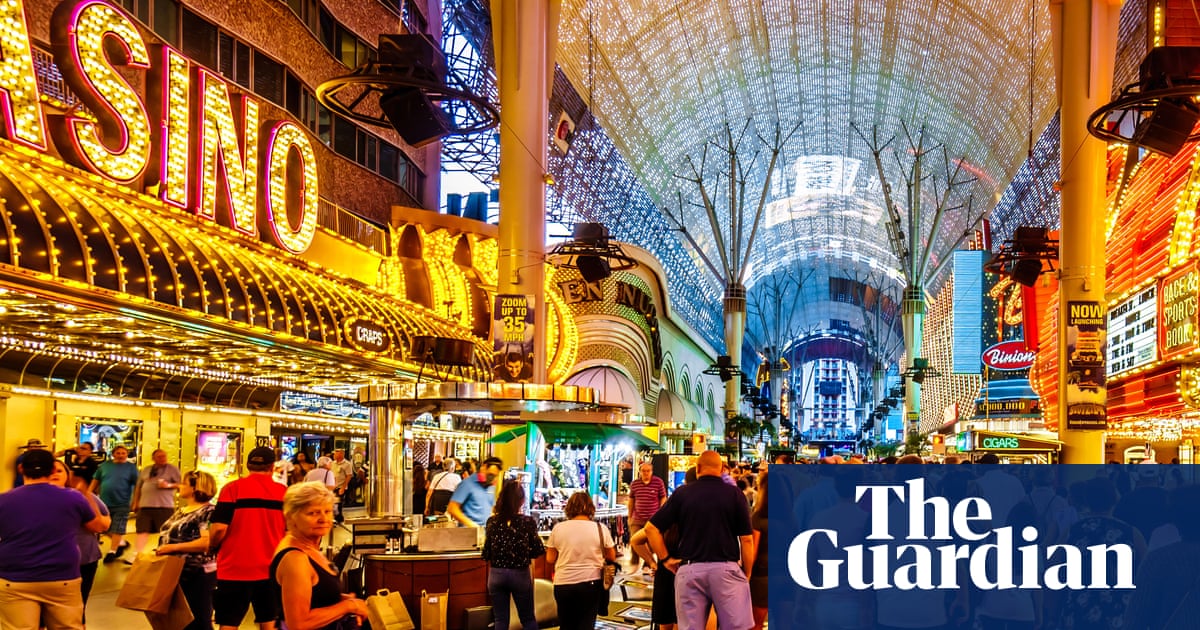Holidaymakers in countries hit the hardest by Donald Trump’s trade tariffs are taking the US off their list for trips abroad, according to online travel booking data.
Findings from the hotel search site Trivago also suggest that UK and US travellers are increasingly choosing domestic holidays amid concerns over an uncertain economy.
The company has seen double-digit percentage declines in bookings to the US from travellers based in Japan, Canada and Mexico. The latter two countries were the first on Trump’s tariff hitlist when heannounced tariffs of 25% on 1 February.
Canadians in particular were incensed at Trump’s repeated suggestions that its northern neighbour would bebetter off annexed as the 51st state of the US.
According to Trivago’s findings, which were shared with PA Media, demand among Germans was also “down heavily”, with hotel bookings in the US showing a single-digit percentage decline.
Germany is the largest economy in the EU, which Trump has repeatedly threatened with increased tariffs, most recently saying on Sunday he had“paused” a 50% taxhe intended to introduce next month.
There has not been a significant change in the numbers of UK holidaymakers travelling to the US. The UK has so far faced some of the lightest tariffs globally and last month struck a“breakthrough” trade deal with the US.
Businesses operating in its $2.6tn tourism industry are becoming increasingly concerned about a“Trump slump”due to the turmoil the president’s tariff war is causing on the global economy.
Last month, the federal government’s National Travel and Tourism Office released preliminary figures showingvisits to the US from overseas fell by 11.6% in Marchcompared with the same month last year.
Bookings made via Expedia-owned Trivago also show that Americans are spending less on their trips, while there is higher demand for cheaper hotels and lower star categories.
Sign up toBusiness Today
Get set for the working day – we'll point you to all the business news and analysis you need every morning
after newsletter promotion
Trump has levied tariffs on more than 180 countries, but has paused many of his tariffs for periods of up to 90 days while governments seek to negotiate deals.
Recent booking data shows that in the UK there has been a 25% year-on-year leap in demand for domestic travel for the important months of July to September.“In times of uncertainty, people stay closer to home,” said Johannes Thomas, chief executive of Trivago.
Trivago’s research has shown that London is the top destination for British tourists, followed by Edinburgh, where demand is up by nearly 30%, then York, Blackpool and Manchester.
